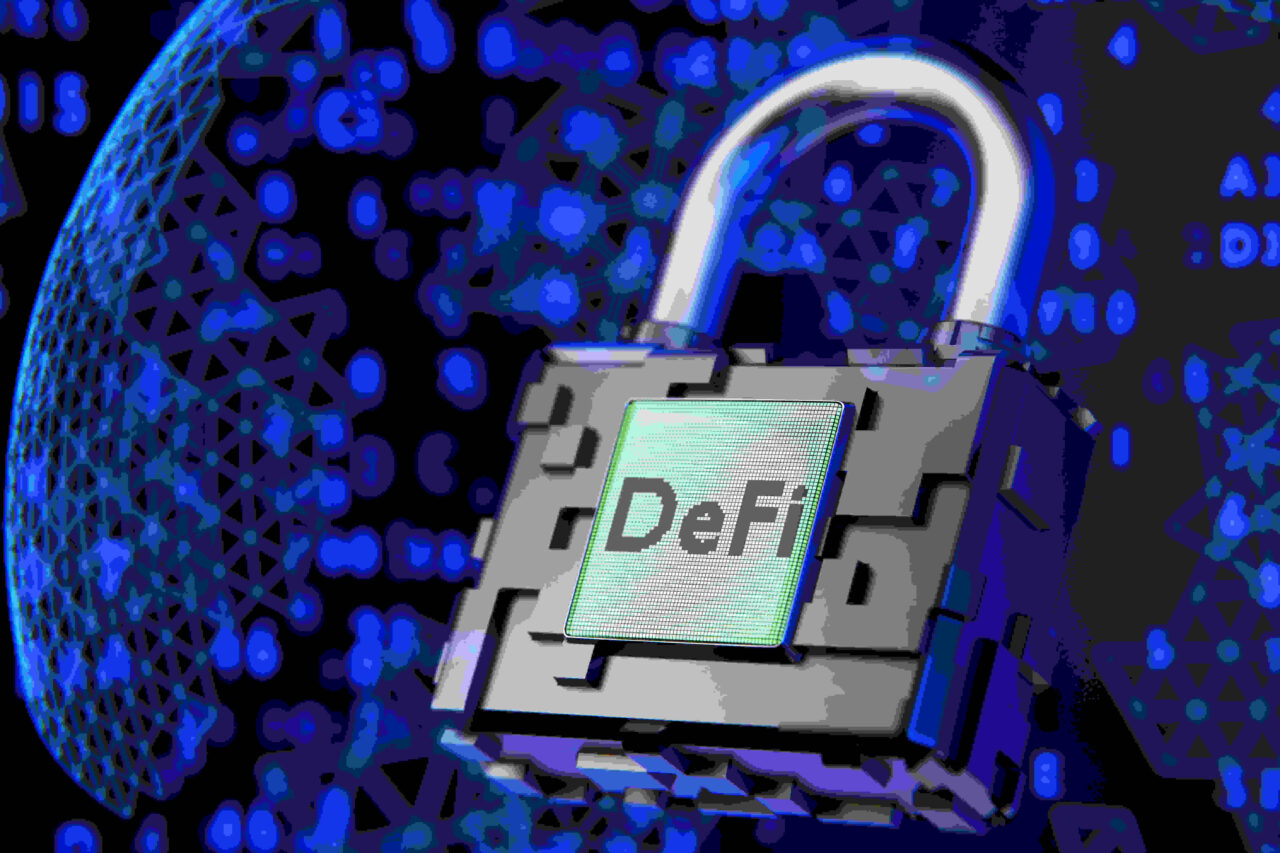
Polygon Labs, the primary architects of the blockchain scaling network Polygon, released a research paper on Monday outlining their perspective on government regulation of the DeFi sector.
With voices of concern echoing from the Treasury Department to the U.S. Senate, policymakers have been vocal about the potential misuse of cryptocurrencies for activities such as money laundering and terrorist financing, particularly when smart contracts come into play.
Addressing Cryptocurrency and Blockchain Regulation
In their paper, Polygon Labs suggests that current legislative endeavors aimed at safeguarding financial integrity within the DeFi space may not be hitting the right target.
“Traditional finance integrity laws and regulations attach to intermediaries, including — with respect to anti-money laundering obligations — those intermediaries the Bank Secrecy Act (“BSA”) defines as “financial institutions,” reads the paper’s summary document.
“These current laws are not amenable to intermediary-less, blockchain-based software systems like decentralized finance (“DeFi”),” it continues.
1/ Today, @m_mosier_ @katjagilman & I are sharing a paper that begins a conversation around, & proposes a conceptual framework for, how to answer the "illicit finance" policy question as it relates to DeFi. A brief thread below, with links to the full paper + a summary document. pic.twitter.com/1OQ1gCHiAX
— Rebecca Rettig (@RebeccaRettig1) January 29, 2024
The paper boasts an authorship lineup comprising Rebecca Rettig, the Chief Legal Officer at Polygon Labs, Michael Mosier, the former acting director of FinCEN, and Katja Gilman, the Public Policy Lead at Polygon.
It’s worth noting that Polygon’s stance aligns with existing sentiments. The Treasury Department previously acknowledged in its Illicit Finance Risk Assessment of Decentralized Finance that DeFi services considered “sufficiently decentralized” might not fall under explicit Anti-Money Laundering (AML) and Countering the Financing of Terrorism (CFT) obligations.
Polygon Labs’ Approach to DeFi Regulation
Polygon Labs offers a structured three-step solution to tackle the regulatory complexities. The first step involves establishing a legal definition for “System Control Persons” or “SCPs.” These are individuals or entities with the unilateral ability to exercise operational control over third-party value within a blockchain-based software system. Consequently, they would be subject to standard AML requirements, regardless of the system’s self-description as “decentralized.”
In contrast, systems lacking SCPs, considered “genuine DeFi,” would receive a distinct classification as “critical infrastructure,” overseen by the OCCIP.
Lastly, entities engaging with genuine DeFi, while still obligated to safeguard U.S. national security interests, would not be subjected to regulation as “financial institutions” under the Bank Secrecy Act (BSA).
This proposal diverges from the stance of Senator Elizabeth Warren, who suggested recently that crypto firms should face the same AML requirements as traditional banks. She has also asserted that North Korea funds a significant portion of its nuclear arms program through cryptocurrency.
Polygon’s summary concludes:
“The proposal herein overlays the policy goals underlying the financial integrity regime in the United States with the realities of the technology in an attempt to begin to answer questions posed by regulators and policymakers.”